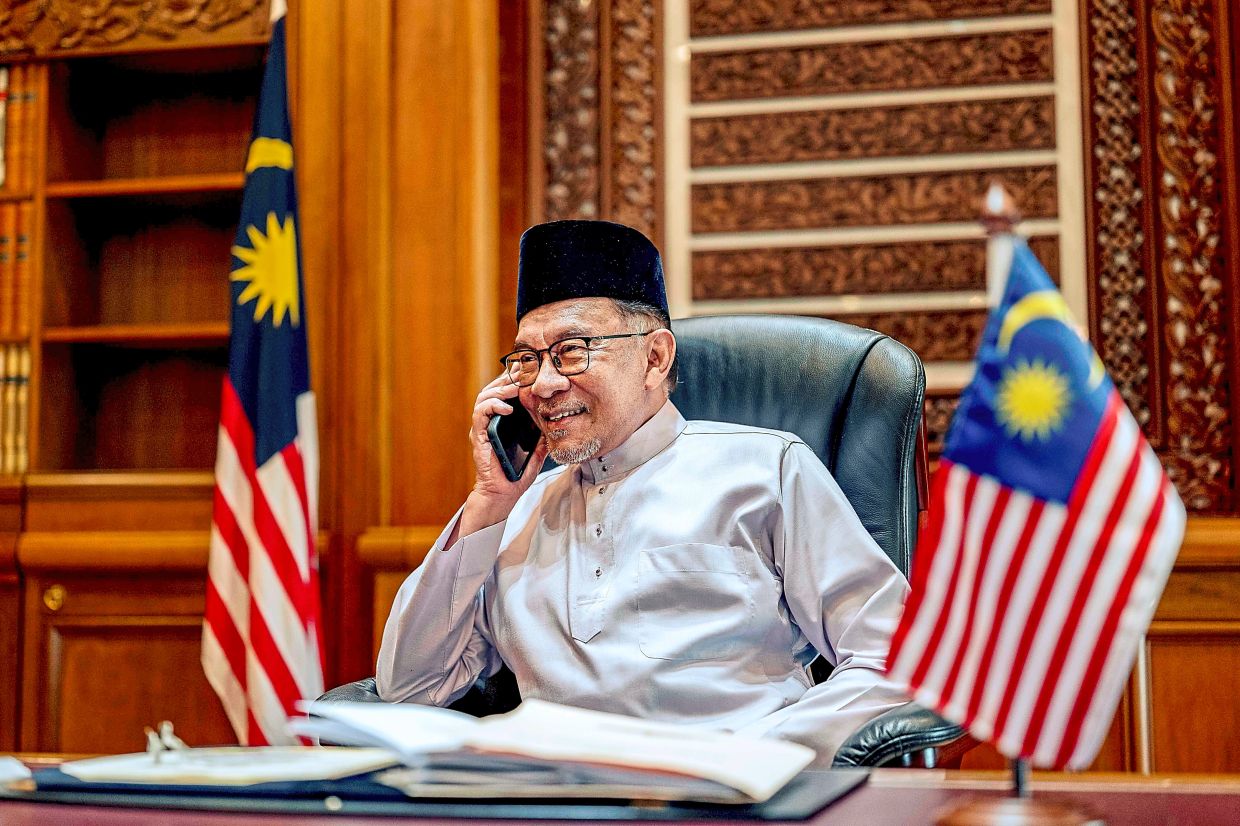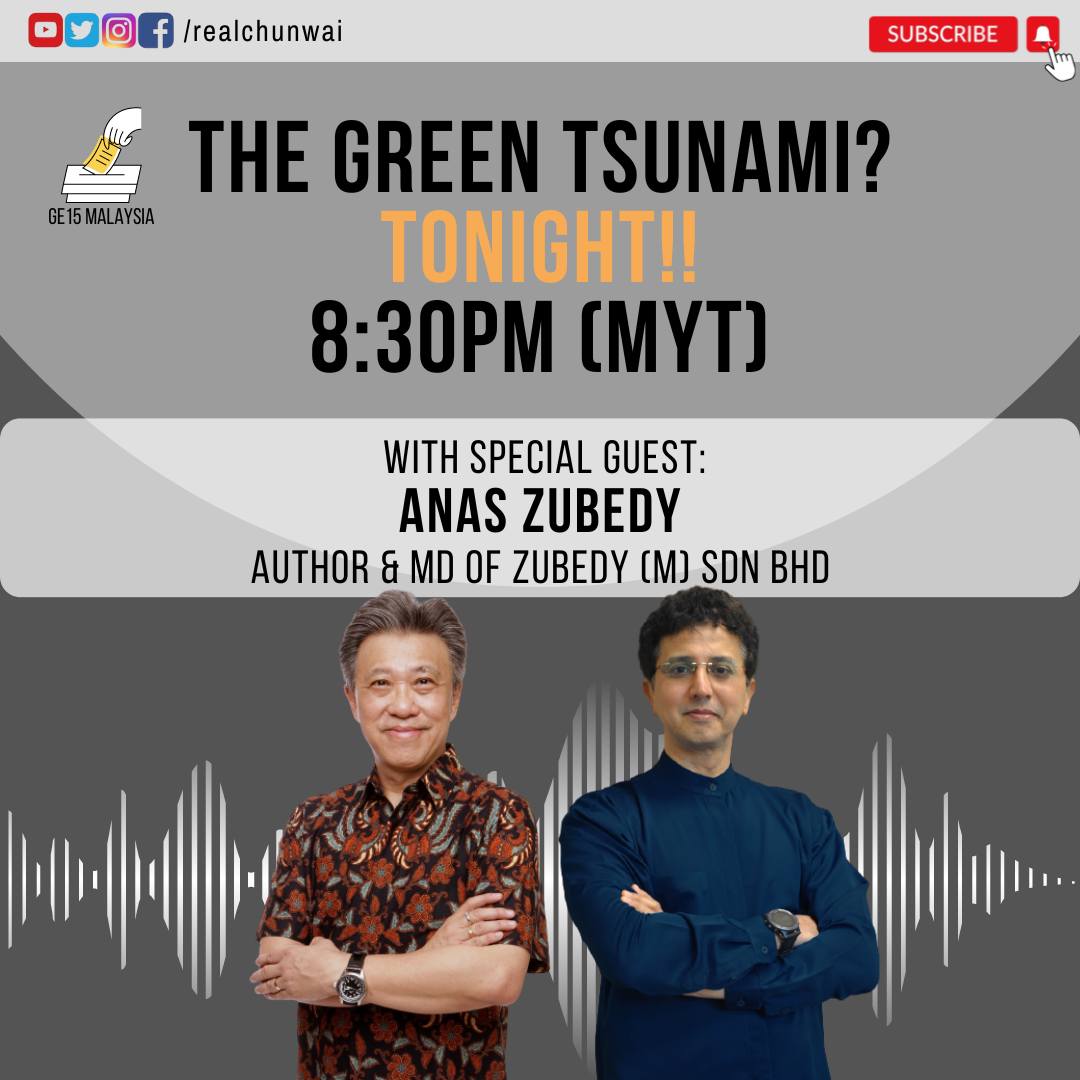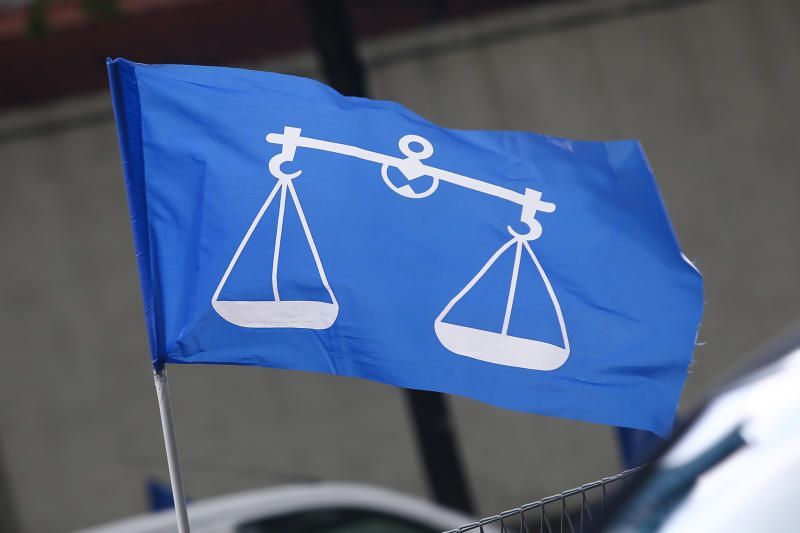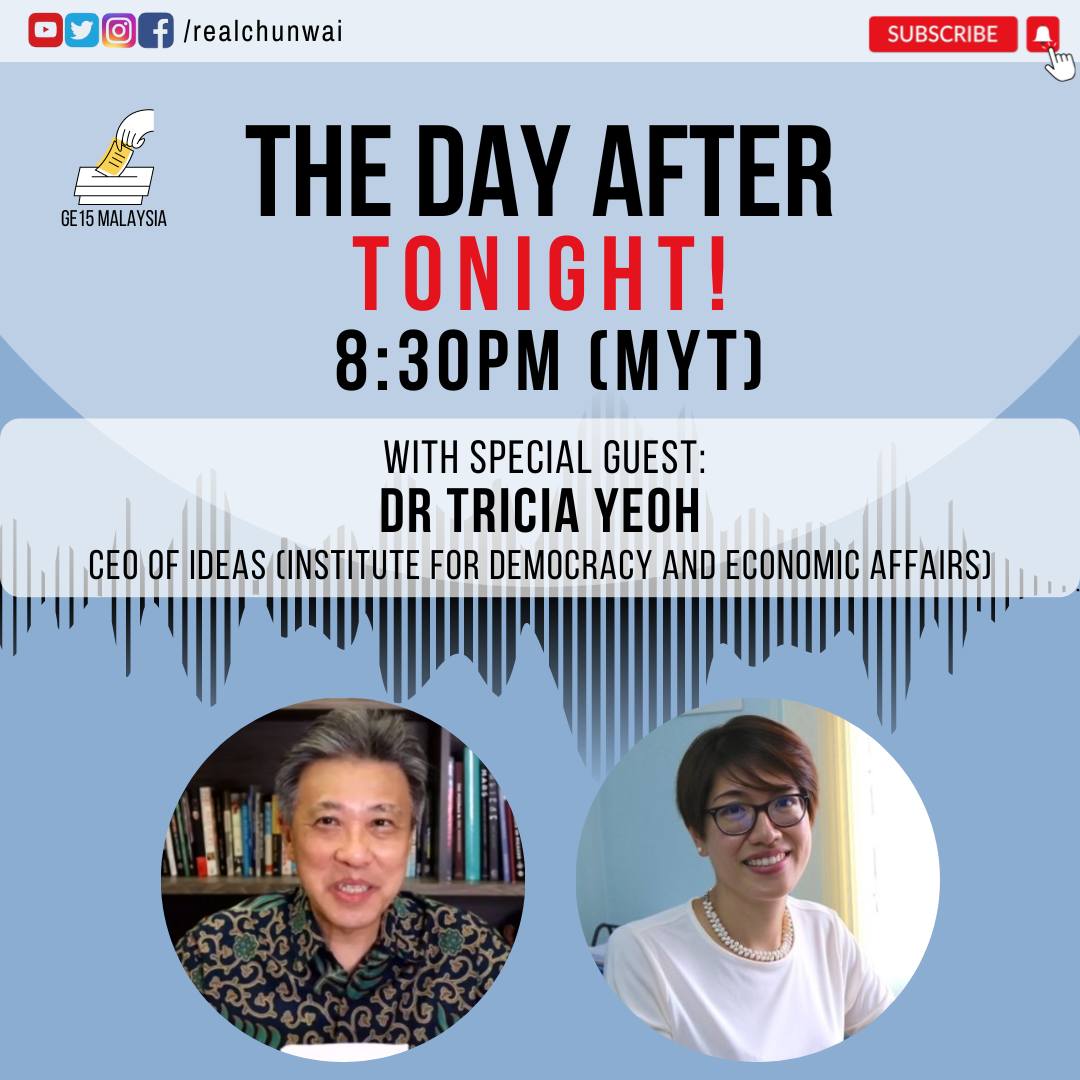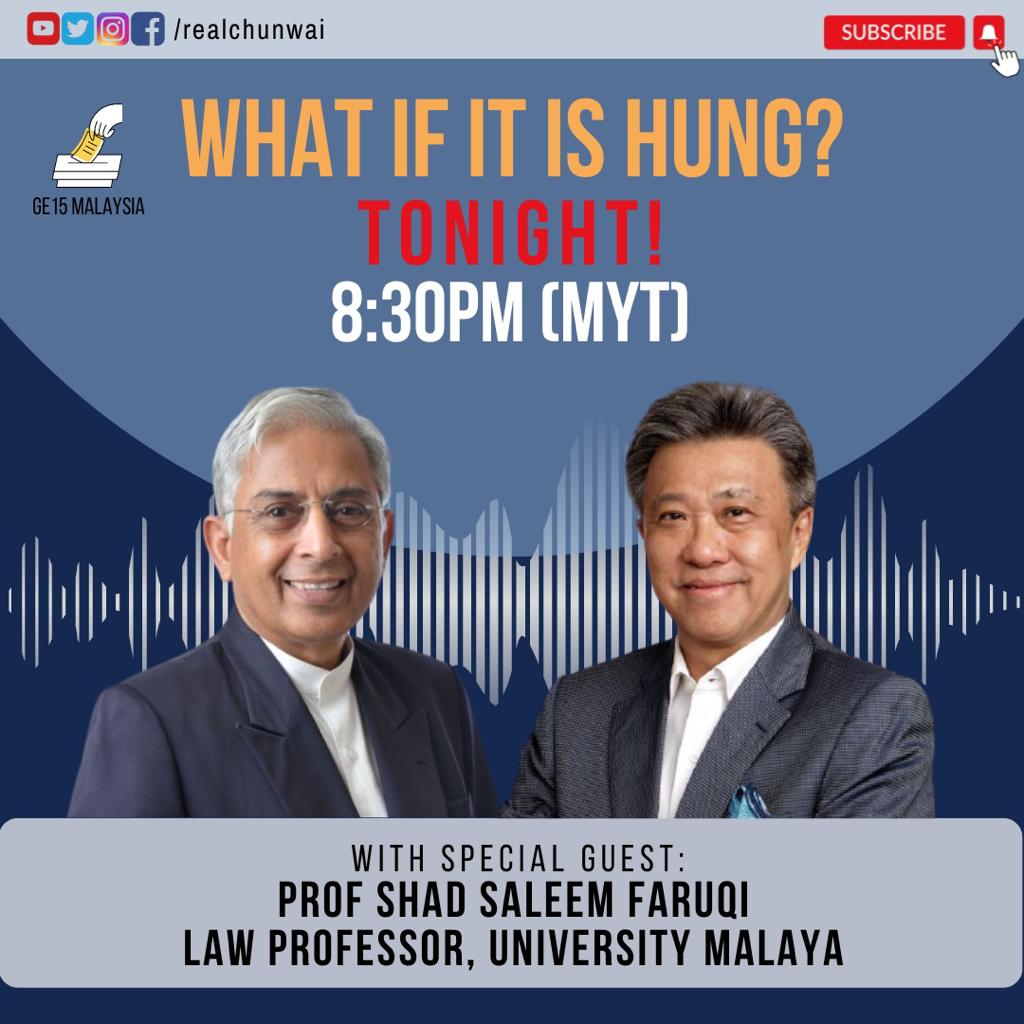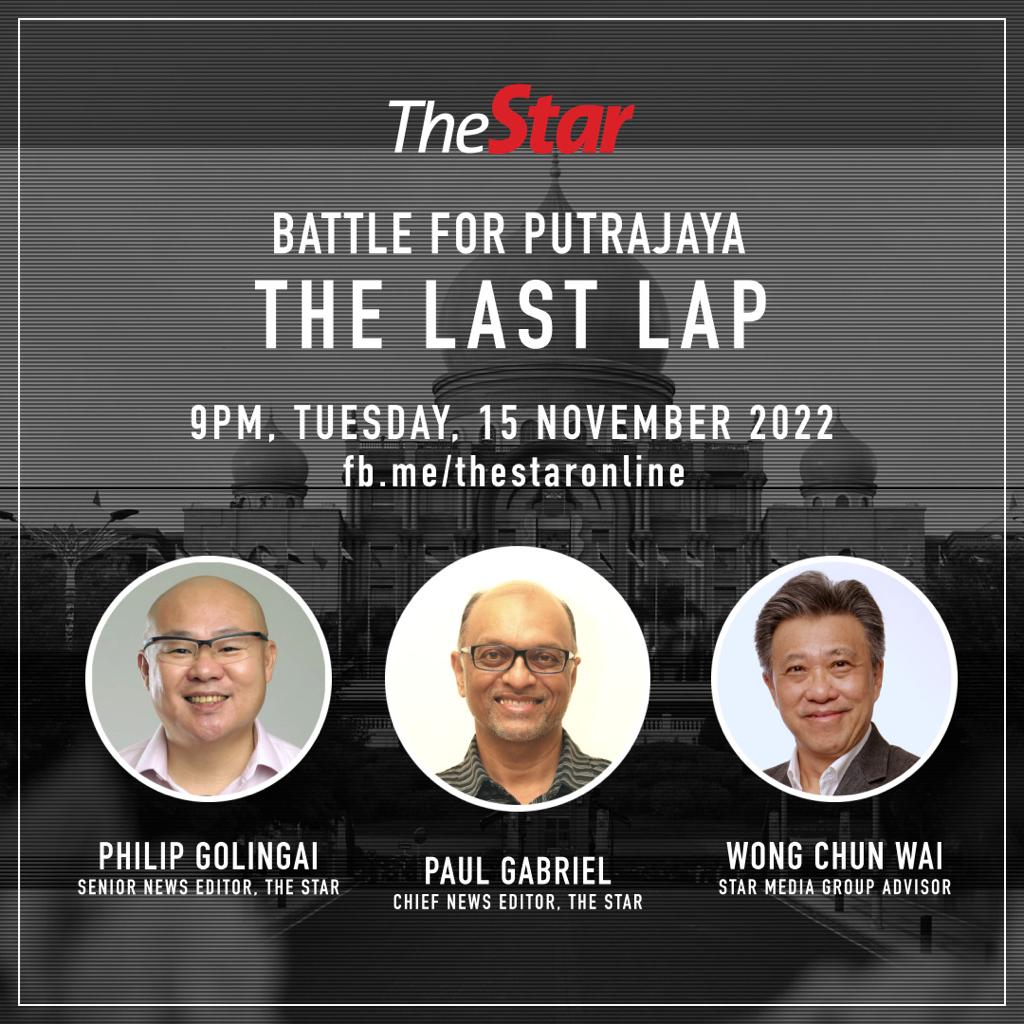BREAKING NEWS: Datuk Seri Anwar Ibrahim is still putting the final touches to his Cabinet line-up and contrary to some media reports, will not be naming them on Thursday (Dec 1).
The Prime Minister spent the entire afternoon Wednesday (Nov 30) – with all appointments cleared – to focus his full attention on the Cabinet composition.
Highly placed sources said there had been intense lobbying from partners of the unity government.
“The list will probably be trimmed to maybe 25 ministries but he (Anwar) is certainly juggling as this is unprecedented.
“He has to take into account many political interests, and yet, trim down the Cabinet to a decent size,” the source added.
Under Tan Sri Muhyiddin Yassin’s tenure as prime minister, there were 32 ministers, while Datuk Seri Ismail Sabri Yaakob led a government with 31 ministers.
It has been speculated that there could be two Deputy Prime Ministers with Umno president Datuk Seri Ahmad Zahid Hamid being much touted as one and another possibly from Sarawak.
Gabungan Parti Sarawak’s Datuk Fadillah Yusuf, who was Works Minister, has been speculated by the media to be the one taking the second DPM post.
Parti Keadilan Rakyat is almost certain to keep the powerful Finance Minister post. Should a Finance Minister II post be created, then it is possible it may go to Umno.
Another key position is the dominant Home Affairs Minister portfolio which both PKR and Umno are eyeing.
Speculations that the Cabinet is ready and that the Cabinet line-up announcement would be announced Thursday emerged after the Istana Negara Facebook account posted on Wednesday four photographs showing Yang di-Pertuan Agong Al-Sultan Abdullah Ri’ayatuddin Al-Mustafa Billah Shah receiving the Prime Minister.
It was reported that His Majesty had granted an audience to Anwar on Tuesday, which then led to talks that the complete list of the Cabinet had already been presented to the king.
It is understood that Anwar’s first weekly meeting with the Yang di-Pertuan Agong was held yesterday (Tuesday) instead of the usual Wednesday, following the Council of Rulers’ meeting that took place yesterday and today.
Berita Harian quoted PKR information chief Fahmi Fadzil as saying that he understood that the announcement would be made as soon as possible, but he did not have any information about it.
”I don’t have any information. Some journalists have contacted (me) and I don’t have any information about this matter.
”What I understand is (it will be announced) as soon as possible, but I have no information about the period of time,” he said.
It is understood that while the possible appointment of Ahmad Zahid as DPM has become an issue among Pakatan Harapan leaders and supporters, they also acknowledged that he was a key figure in the formation of the coalition government.
“The harsh reality is that without Zahid, there is no PH-led unity government. We have to consider that.
“The Perikatan Nasional with Bersatu and PAS will gladly welcome him and Barisan into their ranks and form the Federal Government.
“Let Anwar have the space to draw the list but there will be no announcement tomorrow, as of now,” the source added.


